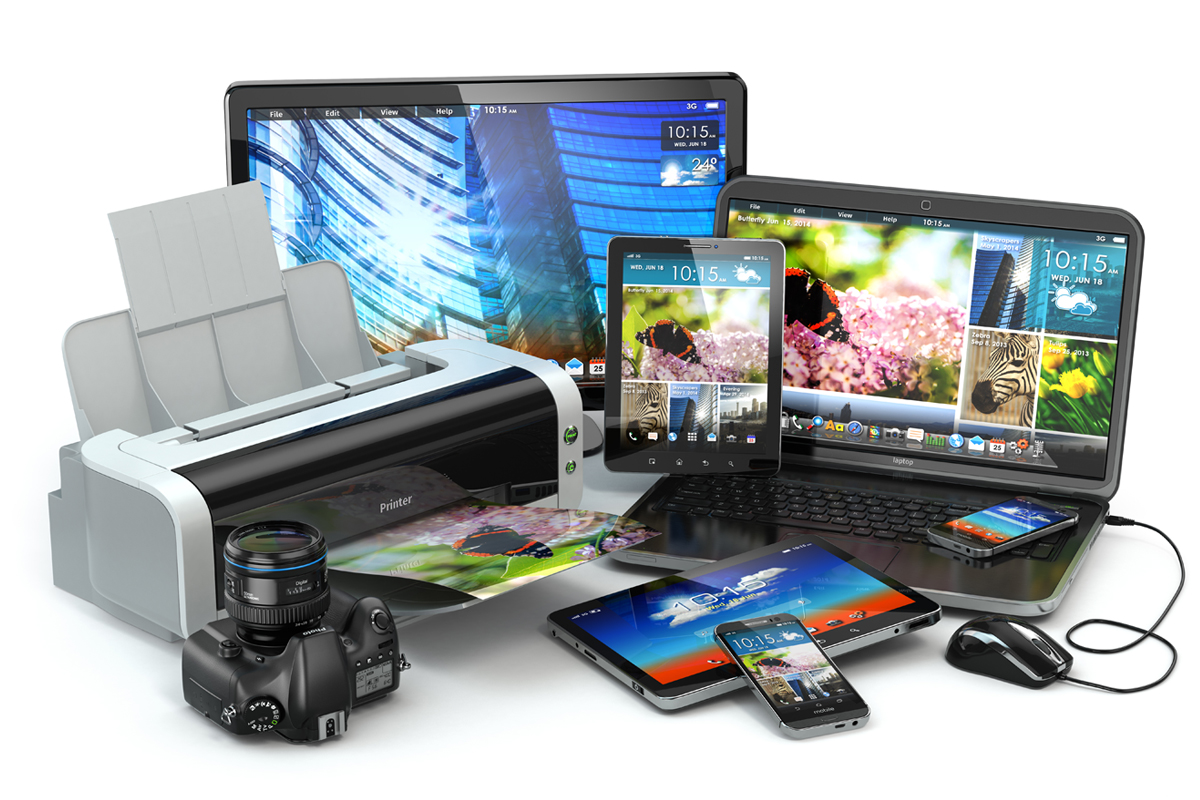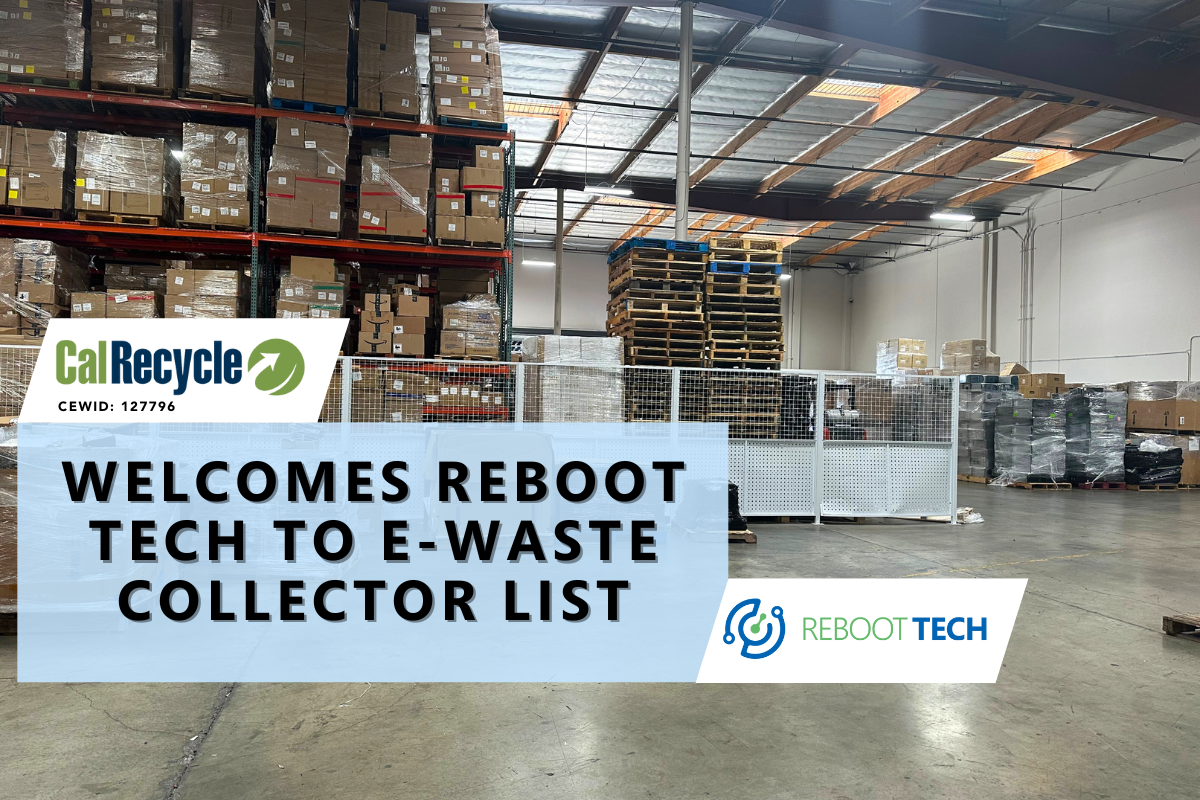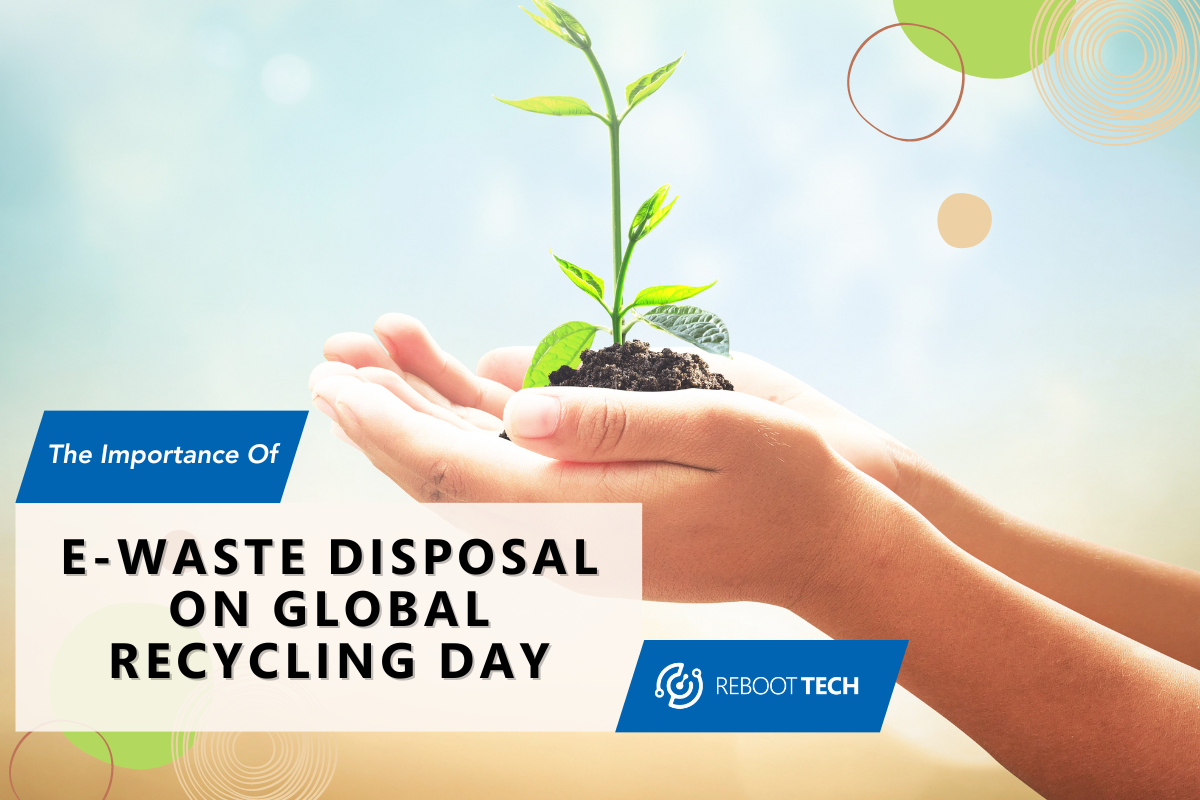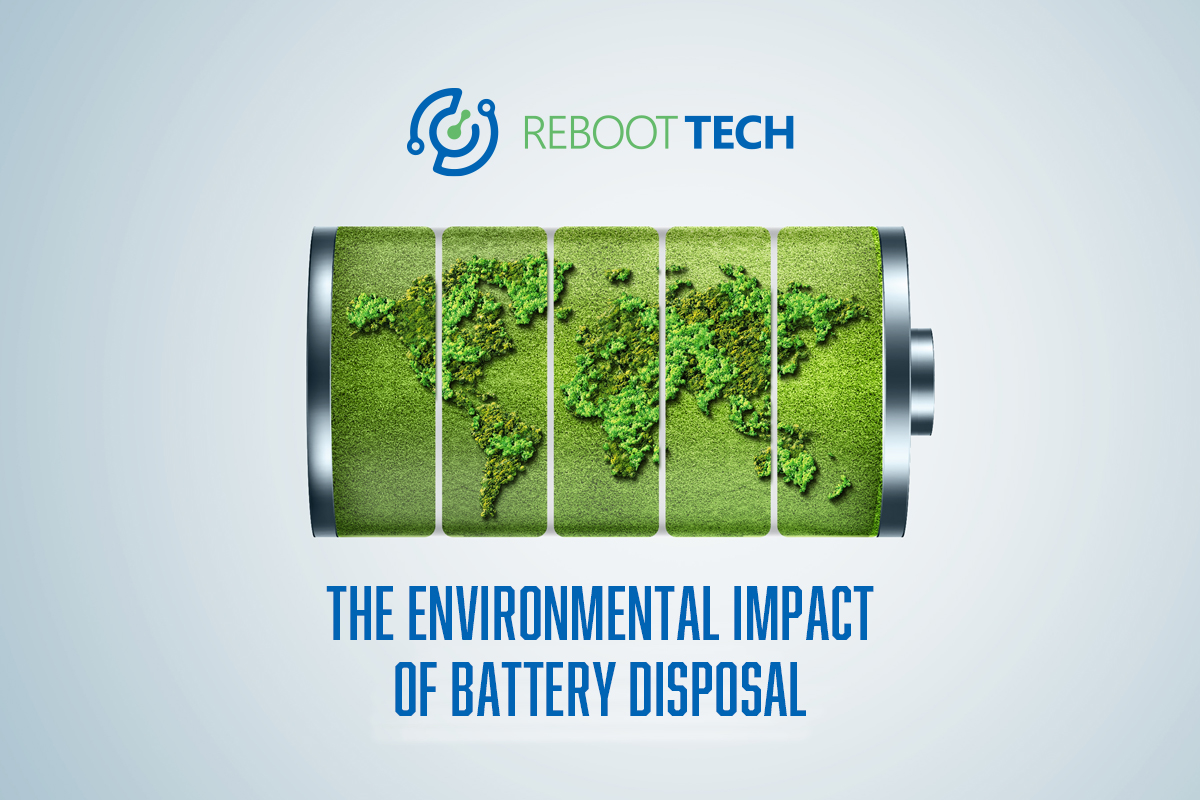
How Consumerism Impacts Electronics Surplus
Owning the latest iPhone, or upgrading your tech gadgets to the newest and fanciest versions is very tempting. As humans, sometimes we make impulsive buying decisions, after all, the heart wants what the heart wants.
Sometimes it’s nice to treat ourselves to a new piece of technology or sometimes we simply need to upgrade or replace our items; however, oftentimes, we buy many new electronics that we don’t need, which can lead to an electronic surplus. This article goes into the dangers of this mindset and how it can negatively affect the environment.

Impulse Buying
Impulse buying often leads consumers to purchase electronic devices without much thought. Due to limited discounts, stock, or other promotions, marketing strategies can persuade people to buy new electronics as soon as possible.
This creates a sense of urgency which can lead to electronic waste (e-waste). Also, manufacturers design products to become obsolete quickly, making consumers think their current devices are old or not good enough. This encourages people to upgrade and throw away electronics sooner than they need to.
Brand Loyalty and Social Influence
Have you ever found yourself consistently choosing clothes from a particular brand because you trust their quality? Or even buying a new watch because you saw one of your favorite influencers wearing it in a social media video?
People will often buy gadgets from companies or influencers they trust simply because of their previous credibility. They may not care about the quality, do much research, or have any actual need for a new electronic, which leads to a type of impulsive buying.
Fear of Missing Out (FOMO) and Social Status
It’s natural for people to want to fit in or seem cool, however, this can lead to a few dangers. The fear of being left behind technologically encourages people to upgrade more often, even if it means disposing of electronics that still serve them well.
The fear of missing out also relates to the fear of how your social status is perceived. If people can seem “rich” by owning a Rolex watch, then they’ll buy that to be seen as someone of a higher social status, even though they don’t need or can’t even afford it.

How This Affects The Environment
One of the last things we would probably think about is how our electronics purchasing history impacts the environment around us. It’s mostly about getting a new device that excites us and discarding our electronics to sit in our closet or throw it away improperly.
When we throw our old electronics away in the trash, they end up in landfills, which leads to very harmful chemicals spreading in the air which can cause significant human health and environmental issues.
Some of these chemicals include lead, cadmium, and mercury, which can leak into the soil, water, and air, which causes severe dangers to our health and ecosystem. There are also many valuable materials in our electronics.
Our society is always in need of the newest technology, whether that’s for entertainment or business. The problem is that it creates a need to produce new electronics quickly, which uses up a lot of valuable resources. This leads to even more environmental degradation and climate change.
How To Spot Marketing Tactics and Avoid Impulse Buying
Sometimes it’s difficult to notice marketing tactics at play, but there are some obvious signs to watch out for. In other instances, you may also notice them but simply don’t care and impulsively buy. Nonetheless, it’s important to notice when these things happen and know how to prevent yourself from making an impulsive purchase of an electronic product.
One key thing to spot is exaggerated promises about a product’s features or benefits. These are usually seen alongside flashy ads or emotional and storytelling videos. For example, Samsung’s Note7 was marketed to audiences that their phone could be used in water.
When the product was released, it would combust underwater. However, the marketing was effective in causing people to buy it even if it was ready or if they didn’t need it.
Another popular tactic is to create a sense of urgency. This could be through a limited stock, discount, or simply the fact that it’s a new electronic. Before buying, simply ask yourself, “Do I need this right now?”. Electronics go down in value fairly quickly, so even if you’re interested, you might be able to wait for it to go down in price to save money and see if you still need it by then.
Dealing With Overflow Storage
Now, what if you’ve found yourself in a situation where you have already impulsively purchased a wide range of electronics that you don’t need, and are left with an overflow of electronics? The most important thing that you must NOT do is to throw them away in the trash.
Don’t let them sit in your closet either. While that doesn’t cause as much direct harm to the environment, it still has drawbacks. It’s like having a bunch of plastic bottles lying around, and while you’re not throwing them in the trash and hurting the environment, you’re avoiding recycling them.
When you have too many electronics, you have a few options. Option 1 is to simply donate them to your local donation center if they’re accepting them. If they’re unusable, or you just want to get rid of them, contact your local certified recycling center. The good ones will have proper disposal methods, and data destruction, and you can rest easy knowing that you’re helping the environment in the process.
What To Do Going Forward
E-waste is growing fast and becoming one of the largest types of solid waste worldwide. It’s important to spread the word and figure out how to deal with overconsumption, especially when impulsively buying new gadgets.
Doing things like recycling electronics, using products that last a long time, and making smart purchases can help decrease e-waste and keep our planet in good shape. Working with certified recycling centers for electronics would help a lot too.
Understanding how peoples’ purchases have a big impact on why there’s so much electronic waste. By getting a handle on consumer behavior, we can come up with ways to cut down on the harmful effects electronics have on the environment. Together, we can help create a more sustainable future by only buying what we need.





